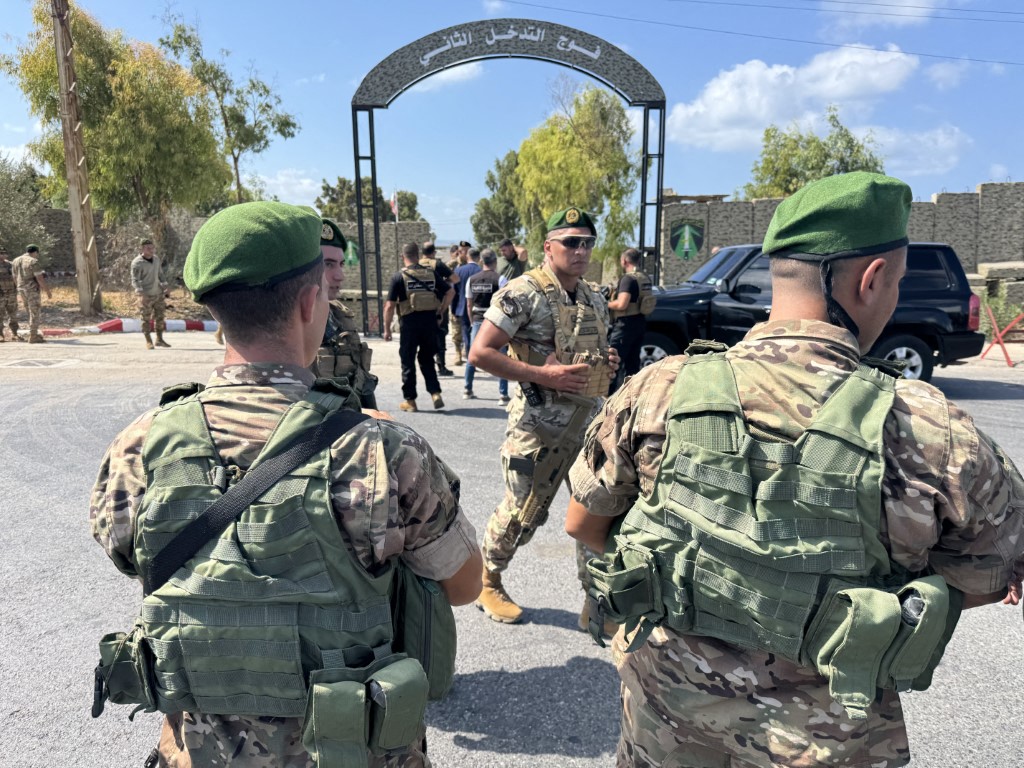It is one of the rare moments in Lebanon’s political history when parties across alliances and divides agree that the decisions taken by the Lebanese government in its session on the fifth of this month reflected everyone’s position and allowed each side to walk away claiming victory. In that meeting, the government listened to the army command’s plan to implement the decision to confine all weapons to the state’s legitimate military and security institutions.
Before the session, factions that openly reject handing over their weapons warned that any government decision in that direction could spark unrest and threaten civil peace. But Speaker of Parliament Nabih Berri preempted such moves, insisting he opposed mobilizing the streets, and later praised the government’s resolutions as positive steps that safeguarded stability.
If the government insists it has not backed down and is pressing ahead with its decision to centralize arms under its control, how can those who publicly reject disarmament be satisfied—especially when five ministers “withdrew in protest”? The conclusion is that matters are proceeding as the government intends, while the fiery rhetoric serves mainly to distract the public from the reality of what is unfolding.
A New Phase Taking Shape
Underscoring this shift was the combative speech delivered by Lebanese Forces leader Samir Geagea, who heralded the birth of a new stage. Geagea dismantled the arguments of those refusing to disarm, pointing out that they cling to their weapons under the pretext of Israeli occupation, while Israel itself uses their existence as justification to maintain its occupation.
What Does It All Mean?
First, it means the government is determined to implement its decision, knowing that putting all weapons under state authority is the key to every subsequent step. Both Berri and "Hezbollah"’s leadership recognize that refusing to surrender arms will only preserve the status quo and prolong the suffering, regardless of attempts to boost morale. It also means that threats of armed force have lost their power; they no longer intimidate anyone. If resistance against Israel once gave weapons a veneer of legitimacy, turning those arms inward is a trap from which their bearers cannot escape, nor afford to pay the price.
It further implies that rallying under the umbrella of the state is the only guarantee for everyone’s future. Those refusing to disarm cannot hold their position indefinitely. The internal pressure will intensify, since the persistence of weapons paralyzes political life; and external pressure will grow as well, because stagnation on the weapons issue freezes the economy, stifles growth and development, and risks unleashing social crises beyond the capacity of Lebanon—or the international community—to absorb.
If indeed all parties now consider the government’s decisions and its latest statement a victory for themselves and their positions, this signals that something profound has shifted—something its architects are not yet ready to declare.
Please post your comments on:
[email protected]
 Politics
Politics








